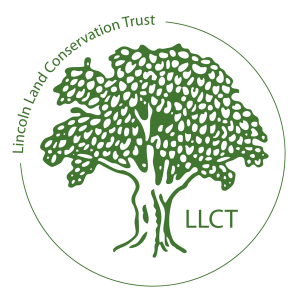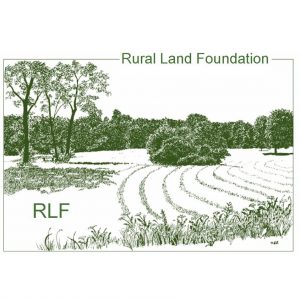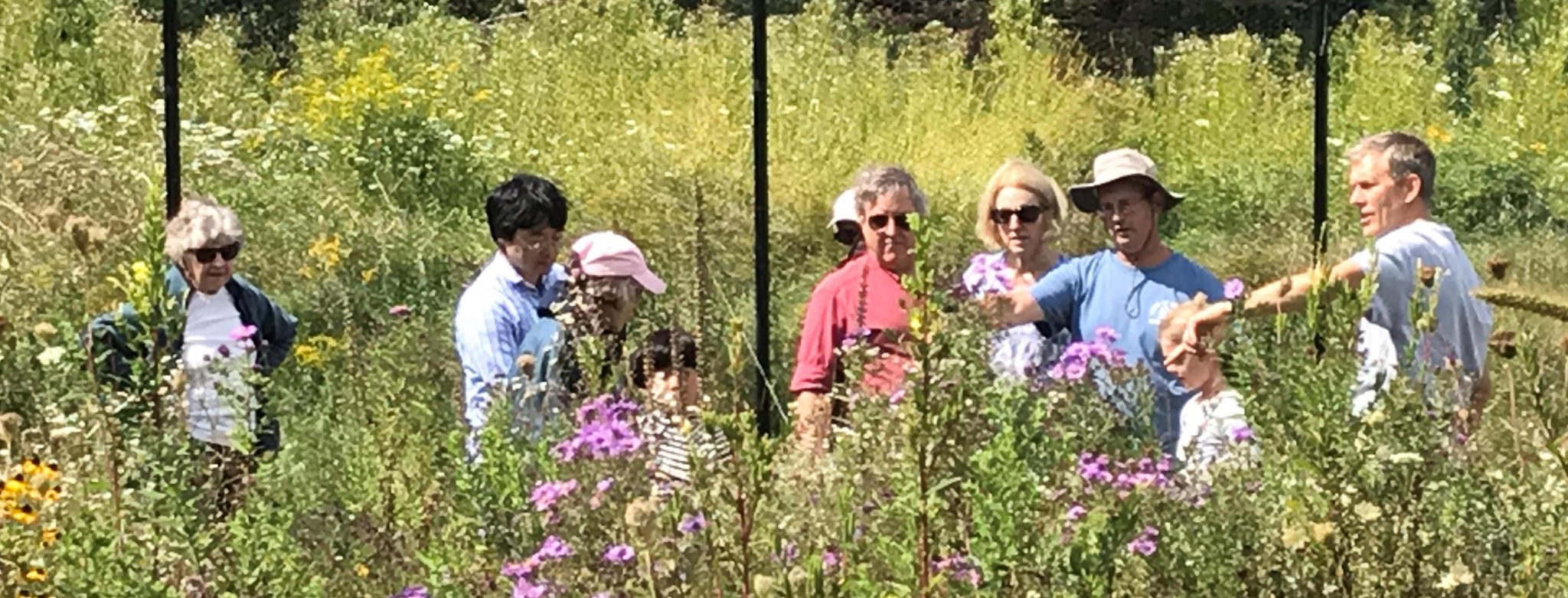Join the Pollinator Pathway!
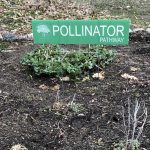 Participate in LLCT’s spring plant sale and create your own pollinator pathway garden! From Lincoln to Southborough and from Cambridge to Northampton, together we are helping to restore functionally diverse habitat by planting to support at-risk pollination systems (the interactions between plants and pollinators). On behalf of wildlife and ecosystems everywhere, thank you.
Participate in LLCT’s spring plant sale and create your own pollinator pathway garden! From Lincoln to Southborough and from Cambridge to Northampton, together we are helping to restore functionally diverse habitat by planting to support at-risk pollination systems (the interactions between plants and pollinators). On behalf of wildlife and ecosystems everywhere, thank you.
Since 2020, LLCT has offered more than 40 different species of plants and LLCT members have purchased more than 8,000 native perennials to add to their own gardens. Read more about past plant sales here.
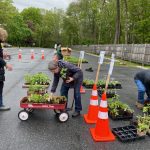 Volunteer
Volunteer
We want you! Volunteers help LLCT maintain and expand Lincoln’s pollinator pathway. Volunteers:
- Participate in LLCT’s spring plant sale, helping unload and organize plants
- Join spring/summer/fall work days to help maintain garden sites
- “Adopt” sites by committing to regular weeding and watering responsibilities
- Photograph pollinator sites and contribute to Dr. Gegear’s Beecology Project .
